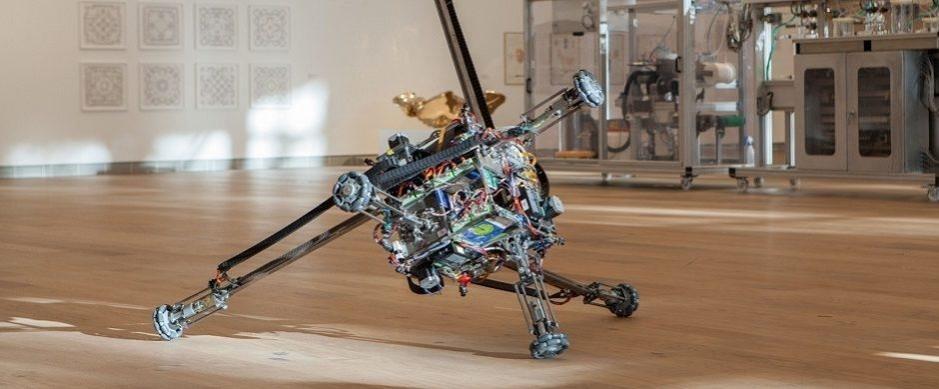To make sero surveys done quickly, a new artificial intelligence (AI) based sero-survey technology developed by Indian IT firm, Thalamus Irwine will help the governments to identify vulnerable communities among the population whose immunization would halt the spread of the Covid-19 infection.
The sero-survey platform named Garuda, can give a map of the community and geographical pockets where least or no immunity has been developed against the COVID-19. Since the governments generally take months to conduct a sero-study with thousands of samples, the IT company claims that it could conduct sero-prevalence study of one crore samples within a week's time.
Rishabh Sharma, CEO of the firm told IANS that he is also in talks with several state governments to implement his technology in their respective states. "While I'm not at liberty to disclose the names currently, what I can tell you is that a few states from North India and one from South India are considering the project," he said.

Sharma claimed that his technology could help the government in identifying the vulnerable groups which can be authorised vaccines in later stages of immunisation to break the chain of infection. "Our AI-based system can analyse samples tested for Covid-19 in real-time. While the sero-prevalence results are out within a few microseconds, the complete analysis of data hardly takes 10 minutes," he noted.
Based on their analysis, they could visualize the impact of viruses geographically and demographically as well, identifying vulnerable populations to predict the future trends as well monitor movement of the virus.
Target identification
To identify vulnerable communities which need to be vaccinated on priority, the AI-based sero-survey would help build immunity along with the people who received it naturally and will help flatten the curve eventually, which is the purpose of the vaccine, he explained.
The Delhi-based company has partnered with ITI, a project under the Department of Telecommunication. R.M. Agarwal, chairman and managing Director, ITI, had made an official announcement about their partnership with Garuda last week.
"Our efforts with Garuda are in line with the National Digital Health Mission (NDHM), Garuda has also been integrated with Aadhaar already via our Aadhaar services and we are continuing to find new use cases," he had stated.
While Sharma stated that there is no argument to the fact that healthcare and frontline workers need to receive the jabs on utmost priority, he also added that the authorisation post the priority immunisation must be done based on sero-study.
Informed pre-vax strategy
"I can not dictate the vaccine prioritisation. But I would suggest that an informed strategy would prove much effective in controlling the infection. For that, data can be extrapolated over a large population and understand the movement of the virus across the country," Sharma clarified.
Prabhakaran Dorairaj, Professor of Epidemiology, Public Health Foundation of India, said that an AI-based can be helpful in vaccine authorisation as it could study a large base of population, if proven cost-effective. "The arguments by the firm are valid. However, we have to see if the cost incurred in the project is feasible. The upcoming vaccines are expected to be pegged below Rs 1,000 per vial. If the test costs higher than the vaccine itself, then it is of no use," he told IANS.
Sharma said that the cost of the test is pegged around Rs 1,000 per sample. However, the price of devices can be lowered further if they are manufactured in the country, he added.
Currently, Garuda platform uses testing machines produced by Boditech Med Inc, a biotechnology company based out of South Korea, which are approved by Drug Controller General of India (DCGI) and validated by ICMR.

















